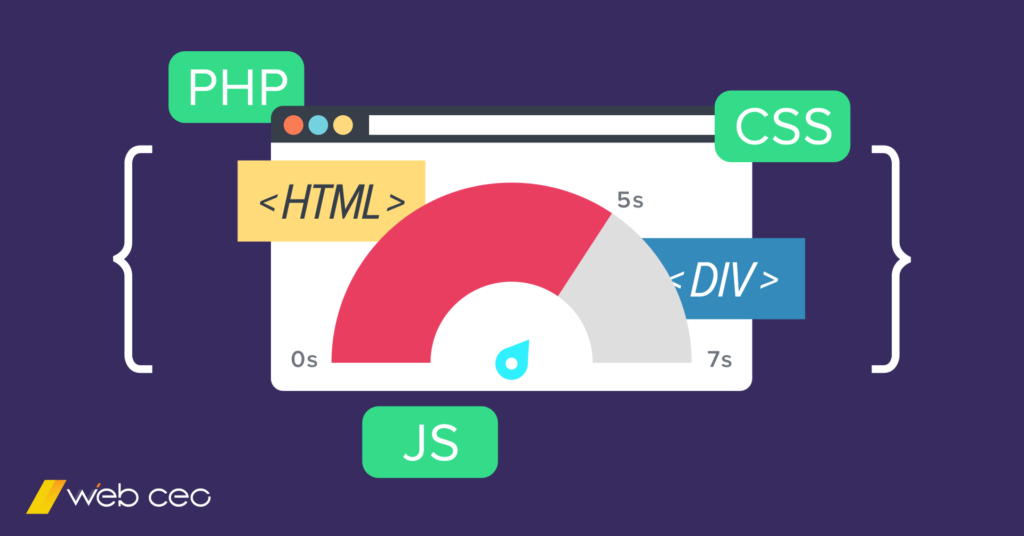-
Making the right call: when to use a custom post type
-
Making the right call: when to use a page or a dynamic template
-
Making the right call: when to install a new plugin vs develop from scratch
-
Making the right call: ways to use menus and widgets
WordPress Website Optimization
WordPress websites are known to become bloated giants due to the misuse of their features.
Being so easy for non-developers, it’s common to fall prey to the best of its features.
Website maintenance involves a lot of areas, but for the most part, it is usually concentrated on making your website load faster for its users. This is called website optimization. An optimized WordPress website will load faster, retain more users and create a better overall experience for your visitors.
Some of the things you can do to achieve it are caching, file compression, working on your database and your website hosting, and improving your code and scripts.
Not ironically, there are plugins to handle this for you, such as caching plugins, which store a static version of your dynamically-generated content. This reduces the number of requests made to your servers.
Not optimizing your website will inevitably result in visitors leaving your site and can even turn a good experience into a bad one, hurting your brand altogether. It can even lead to higher costs if your user is clicking on your ads but leaving the site before it fully loads.
We’ll take a deeper look at it in the next lesson.
